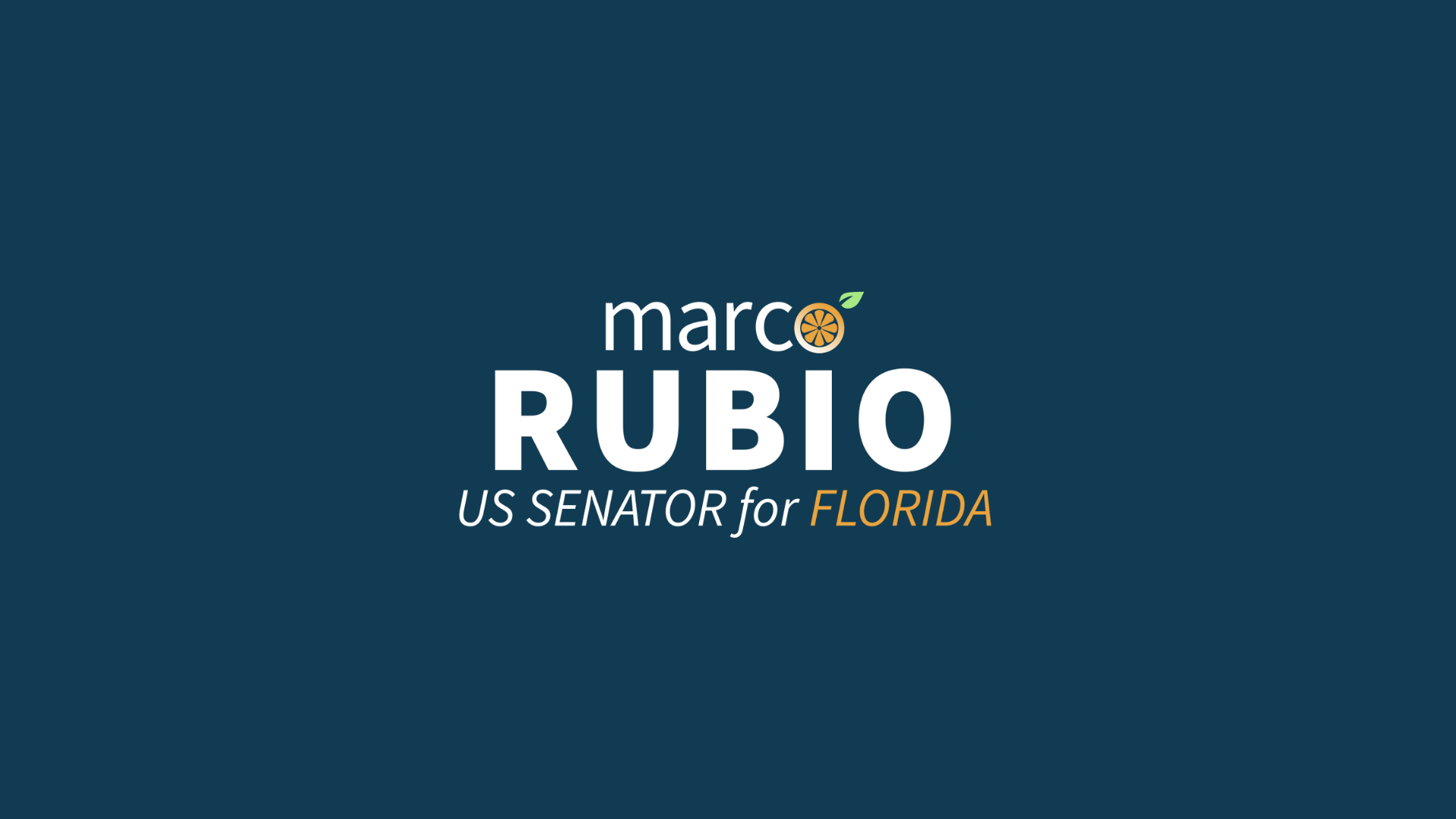Source: United States Senator for Florida Marco Rubio
Washington D.C. — U.S. Senators Marco Rubio (R-FL), John Thune (R-SD), and Republican Senate colleagues sent a letter to President Joe Biden raising concerns about his administration’s use of the financial regulatory system to advance its radical environmental agenda under the guise of mitigating climate and environmental risks of financial investments by lending institutions. The senators emphasized that the administration’s current efforts could harm farmers’ and ranchers’ access to capital, and compromise our nation’s food security.
“The viability of farms and ranches across the nation are essential to the viability of rural America and our nation’s food security,” the senators wrote. “That is why the rhetoric and actions taken by your administration to use the financial regulatory system as a back-door approach to set agriculture policy and advance such overreach is so concerning, as this downward pressure from Washington bureaucrats is not only felt by Wall Street firms, but by our nation’s smallest banks and credit unions as well.
“We believe banks and credit unions are well positioned to continue responsibly serving their farm and ranch clients, many of which they have served for decades,” the senators continued. “Any reduction in lending by banks and credit unions to the agriculture sector – or to any sector that is disliked by its political opponents – would not only harm the businesses themselves, but directly harm consumers due to increased costs of food and energy that would inevitably occur as a result of reduced supply. Further, increasingly onerous federal policies will undercut the agriculture industry’s voluntary investments to deepen their ongoing stewardship of natural resources.”
Click here for a full list of cosigners.
The full text of the letter is below.
Dear President Biden:
As you well know, farmers and ranchers work tirelessly to feed our nation and the world. Due to higher prices on everything from fertilizer to seed to machinery, it is important for producers to have access to the necessary capital, which is typically provided by their local bank or credit union. We write to express our deep concerns with your administration’s misplaced environmental agenda that risks harming American agriculture and adversely affecting access to credit for farmers, ranchers, and other vital contributors to the agriculture industry.
Many of your administration’s appointees have sought to promote unrealistic and radical environmental restrictions by encouraging certain financial institutions to choke off legitimate industries’ access to capital under the guise of mitigating environmental risks. For example, the Office of the Comptroller of the Currency recently issued draft principles warning banks that “climate-related financial risk” may have “impacts on shareholders’ expectations, the bank’s reputation, and [low- and moderate-income] and other disadvantaged households and communities.” The Federal Reserve is also inserting itself into these environmental issues – a cause that extends far beyond its narrow statutory authority, and these administrative actions are extending to securities too. For example, last year the Commodity Futures Trading Commission established a Climate Risk Unit to tackle environmental issues, and the Securities and Exchange Commission recently issued a rule that would not only require public companies to disclose information about their greenhouse gas emissions, but any material indirect emissions from upstream and downstream activities (i.e., their suppliers and customers) in their value chain.
Actions taken by some in your administration, accompanied by activists’ broader narrative on environmental issues, are undoubtedly already leading to reduced lending to certain sectors, such as fossil fuels. We are concerned that this push may eventually directly or indirectly discourage banks and credit unions from lending to farmers, ranchers, and other agribusinesses.
This concern is already beginning to manifest. Embedded within the National Credit Union Administration’s “Draft Strategic Plan 2022-2026” was language about the adverse effect of changing weather patterns on agriculture communities. Though since revised, the original draft strategic plan alarmingly recommended credit unions diversify their field of membership and loan concentrations in an effort to mitigate these risks, suggesting that credit unions may want to think twice before lending to their farm and ranch clients. This is not to suggest that the agriculture sector is not affected by extreme weather or inherently tied to the environment, but your agenda wrongly targets an industry that should instead be leveraged by your administration as an environmental and energy solution.
The viability of farms and ranches across the nation are essential to the viability of rural America and our nation’s food security. That is why the rhetoric and actions taken by your administration to use the financial regulatory system as a back-door approach to set agriculture policy and advance such overreach is so concerning, as this downward pressure from Washington bureaucrats is not only felt by Wall Street firms, but by our nation’s smallest banks and credit unions as well.
We believe banks and credit unions are well positioned to continue responsibly serving their farm and ranch clients, many of which they have served for decades. Any reduction in lending by banks and credit unions to the agriculture sector – or to any sector that is disliked by its political opponents – would not only harm the businesses themselves, but directly harm consumers due to increased costs of food and energy that would inevitably occur as a result of reduced supply. Further, increasingly onerous federal policies will undercut the agriculture industry’s voluntary investments to deepen their ongoing stewardship of natural resources.
We urge your administration to change its rhetoric and halt its efforts to force its misguided environmental agenda upon banks, credit unions, and other businesses across this country. This not only discriminates against productive and essential businesses by choking off their access to capital, but it could eventually harm producers across this nation, which would be catastrophic for all Americans.
Sincerely,
